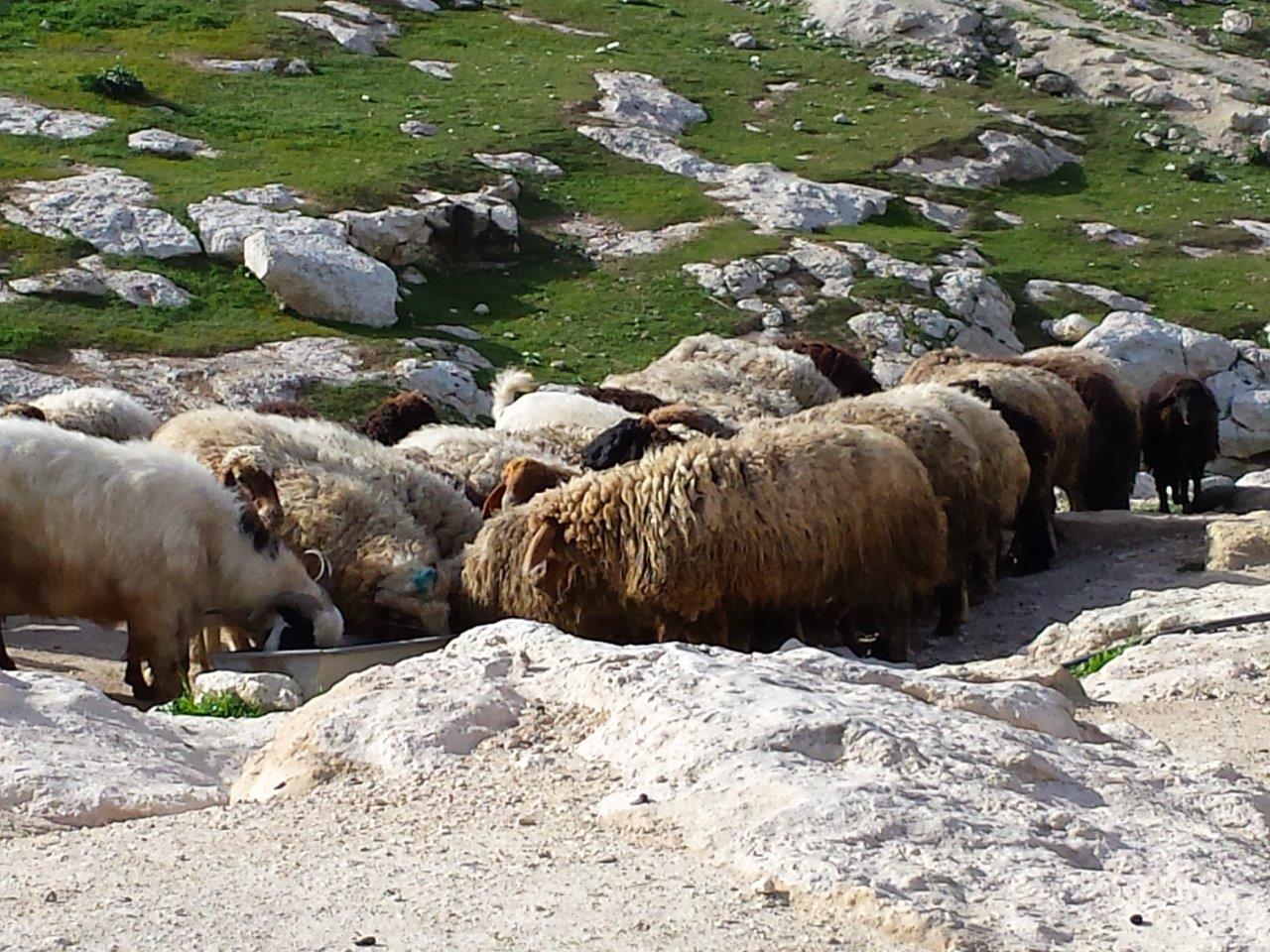
Friendships are found in all societies and manifest themselves in a rich variety of culturally dependent ways. Apart from satisfying basic human needs, they fulfill an important social role that is different from kinship and societal institutions. The expression of friendship varies as a function of value orientations and societal constraints, whereas overall almost no behavior can be excluded as an act of friendship (Krappmann, 1998). As human beings, we are cultural constructs and a friendship between two individuals is an encounter between two cultural identities. Actually, it was suggested that “friendship is a multifaceted and complex phenomenon that must be studied in cultural and interdisciplinary context” (Keller, 2004, p. 10). Focusing on friendship in intercultural and interdisciplinary context is the objective of this dissertation.
Like culture, friendship has been defined in various ways. It seems that friendships are more difficult to define than other social relationships, such as kinship or working alliances. We could use a relatively long definition such as ‘‘voluntary interdependence between two persons over time, that is intended to facilitate socio-emotional goals of the participants, and may involve varying types and degrees of companionship, intimacy, affection and mutual assistance’’ (Hays, 1988, p.395). Even so, voluntariness may under some circumstances be more fictional than reality, like when the number of available people is limited or the social constraints governing friendship pattern rigid (Krappmann, 1998). For the present study, a short definition of friendship, like “a valuable, reciprocal, close relationship” (Devere, 2010, p. 25) suffices.








